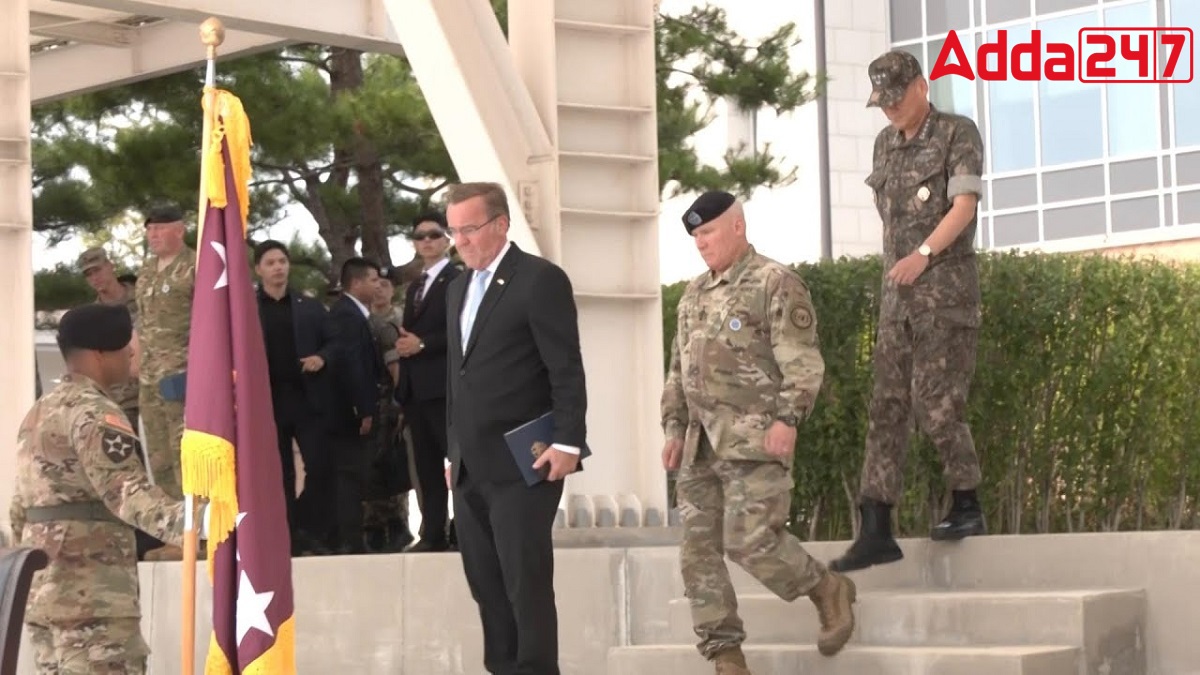Germany Joins United Nations Command in South Korea as 18th Member State [Current Affairs]
Germany’s recent inclusion in the U.S.-led United Nations Command (UNC) in South Korea marks a significant expansion of the command’s member states, now totaling 18 nations. This move underscores Berlin’s commitment to global security, linking European stability to the broader Indo-Pacific region.
Context and Significance
Germany’s accession to the UNC, which oversees the heavily fortified border between North and South Korea, highlights Berlin’s view that European security is intertwined with the security of the Indo-Pacific region. German Defense Minister Boris Pistorius emphasized the importance of unity in the face of global crises, underscoring the need to maintain peace and stability against those challenging the international order.
Background of the UNC
Established in 1950, the UNC was created to restore peace and enforce the Korean War armistice, serving as a communication channel with North Korea. The command, led by the U.S. military commander in South Korea, operates independently of the United Nations. The addition of Germany introduces new perspectives and resources, enhancing the command’s expertise and capabilities.
Strategic Implications
The inclusion of Germany is a strategic move by the U.S. and its allies to broaden the scope of the UNC and bolster regional security. The command’s role has become more relevant as global autocracies challenge democratic nations. Germany’s entry reflects its aspiration to play a more prominent role in Asian security, with South Korea emerging as a key regional partner.
Regional Tensions and Responses
China and North Korea, historical adversaries of the UNC, have criticized the command’s role. North Korea has labeled the UNC as a U.S. tool for confrontation, while China has expressed concern over NATO’s growing influence in Asia. Despite these tensions, Pistorius assured that Germany’s involvement is committed to upholding a rules-based international order rather than provoking further unrest.
Future Prospects
Germany aims to reopen its embassy in Pyongyang, closed during the COVID-19 pandemic, and is exploring opportunities within the UNC framework. The specific role of German troops on the Korean Peninsula is yet to be defined. South Korean Defense Minister Shin Won-sik welcomed Germany’s participation, viewing it as a significant addition to peacekeeping efforts on the Korean Peninsula.
Source: currentaffairs by adda247
